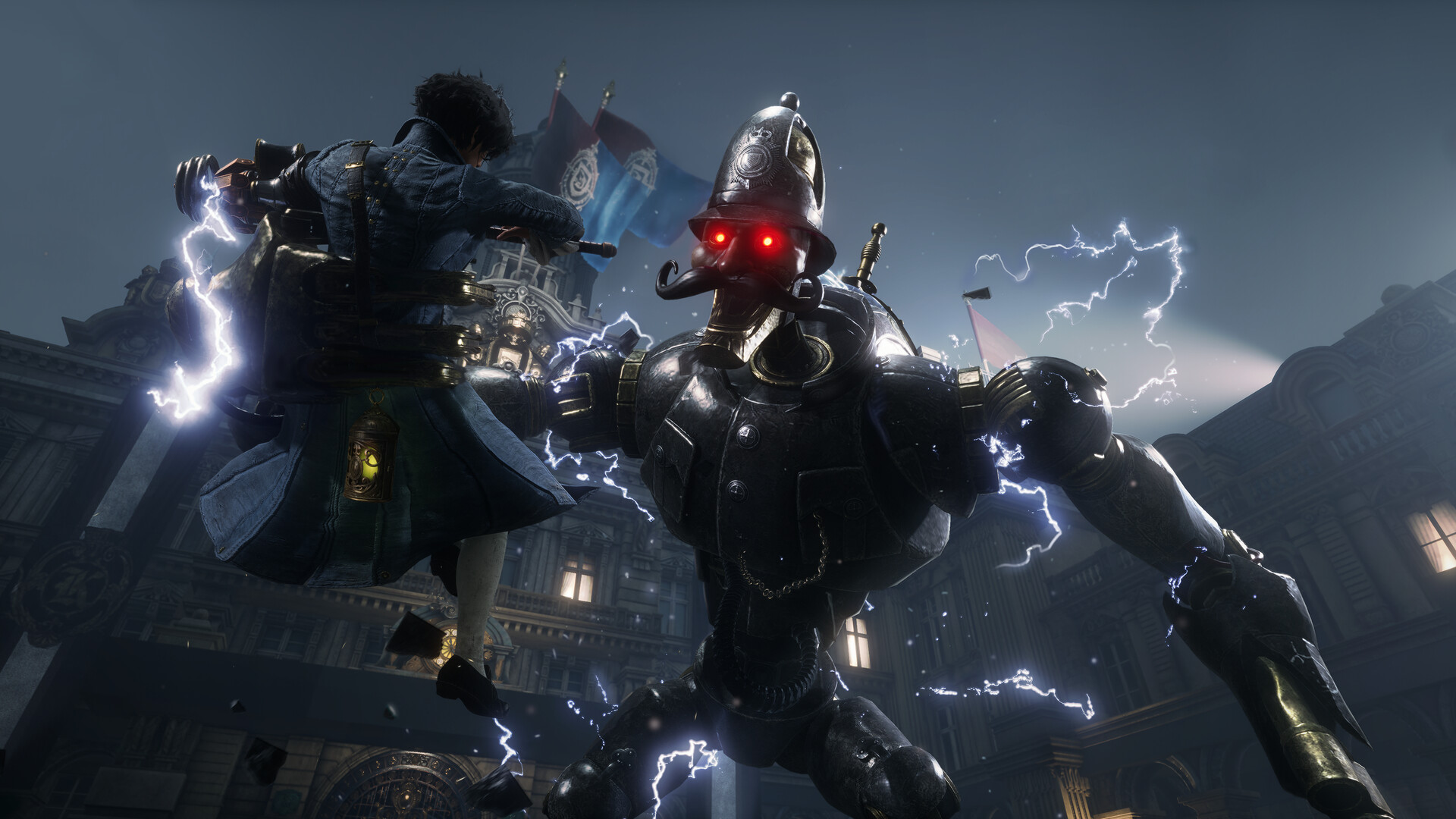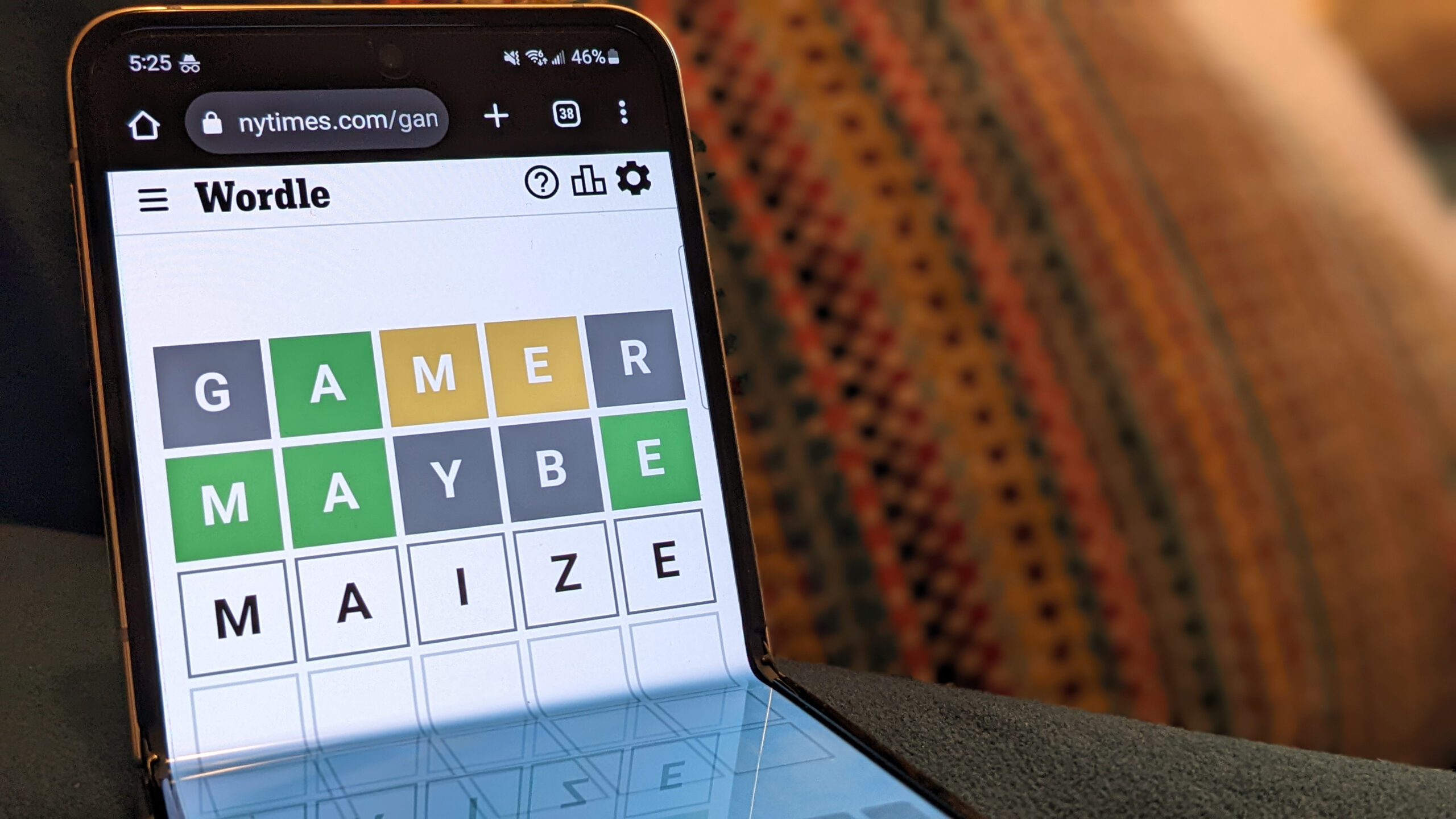Playing Soulslikes is a pretty standard experience for FromSoftware fans at this point. You spend your first few hours puzzling out the new names for the Estus Flask, Bonfires, Boss Souls, Titanite, and all the well-known mechanics you’ve come to expect from a familiar genre. But perhaps due to the fact that their formula is often carried over wholesale, Soulslikes tend to innovate in more minor ways.
Bearing similarities to Bloodborne and Sekiro, Lies of P is one of the most pleasant surprises in terms of this year’s Soulslikes, and has a tonne of great ideas. While Lords of the Fallen has an unfortunate tendency to recycle bad genre habits too often—an enemy hiding around every corner—it also shows off some clever little mechanics of its own.
It’s rare that an inherently derivative genre helps inform its source, but these seven mechanics below are all ideas I came across while playing and suddenly thought “Hey, it’d actually be really interesting to see these in a proper FromSoftware game”. Maybe you’ll agree, maybe not, but either way, food for thought surrounding an ever-developing genre.
Secret unlockable classes
(Image credit: CI Games)
One of my favourite Soulslike ideas I’ve encountered this year is that of secret unlockable classes in Lords of the Fallen. If you manage to get any of the game’s three endings or complete a specific NPC quest chain, you can unlock up to four new classes to start the game with. These upgraded characters have new starting equipment, outfits, spells, and add a fresh coat of paint to any new playthrough you try.
This mechanic would be amazing in Elden Ring, where replayability is one of the few issues the game has. Sure, you can start NG+ and do more of the same, as with any of the previous Souls games, but having a brand new class unlocked upon finishing the game would be the perfect incentive to start an all new playthrough.
Boss weapon currency
(Image credit: CI Games)
The classic Dark Souls system of exchanging a boss soul for a weapon or a spell is tried and tested, and it incentivises you to undertake multiple playthroughs so you can get everything a boss has to offer. Still, I found myself really enjoying Lords of the Fallen’s new boss weapons system, whereby you acquire a Remembrance for defeating a boss and can then purchase any of their equipment using another currency entirely.
You collect these Umbral Scourings by defeating bosses and finding “memories” in the game’s spooky alternate realm, the Umbral. It’s a really good system if you like a certain boss’s style and want to lean into it without having to wait for a subsequent playthrough. The only drawback is that you might spend your Umbral Scourings and then find another boss whose stuff you want even more, but at least you can still get the currency by defeating further bosses.
Admittedly, Elden Ring does have the Walking Mausoleums that let you duplicate boss Remembrances, but there are only seven of these in comparison to the 14 Remembrances you collect in the game.
Quest item prompts for fast travel or dialogue
(Image credit: Neowiz)
Whenever anyone suggests that Elden Ring adopt typical open world RPG quest markers, there’s always a lot of pushback, and it’s understandable—puzzling out NPC quests is just another aspect of Souls-style storytelling. That said, Lies of P and Lords of the Fallen have a pretty elegant solution to this that makes quests a little more accessible without straight up giving you the solution.
In Lies of P, if you have a quest item relevant to a specific NPC, an icon of it will appear next to the fast travel point closest to their location. I like this system because it doesn’t give you the NPC’s exact location—it’s more a ballpark area in which you can find them. In Elden Ring I guess the equivalent would be like saying “Hey, the NPC you need to meet is in north Liurnia somewhere.”
Lords of the Fallen does this with NPC dialogue, too, showing a little icon of the item next to a specific dialogue option so you can see if there’s something to be said. You either love puzzling out NPC quests in Souls, or absolutely hate it, so having this as an optional setting might be great for those who don’t like the minimal guidance of FromSoftware’s quest design as much as I do.
Moveset as an aspect of weapon crafting
(Image credit: Neowiz)
I’ve yet to see a Soulslike with a properly good weapon crafting system, but Lies of P’s weapon building is very slick. In the game, you have “handles” that determine moveset and “blades” that determine damage, and you can combine them together however you want. I can’t describe the number of times I’ve fallen in love with a weapon moveset in a Souls game, only to realise it doesn’t fit with my build for one reason or another.
Separating moveset as an aspect of weapon crafting is smart, and something I could definitely see having a home in a Bloodborne sequel if we ever got one. I also enjoy how handles and blades have different abilities in Lies of P, with the former often being defensive, and the latter offensive, giving you multiple options instead of just one Ash of War as in Elden Ring. That would definitely solve the whole issue of having to swap between a range of other weapons just to use their Ash, though I’m sure some players enjoy that.
Lies of P also has a very cool weapon sharpening mechanic. You’ve got to keep your weapon sharp to maintain its damage, but you can also attach fire or electric to your grindstone, temporarily imbuing your weapon with that element once per rest when you sharpen.
Community events or ongoing questlines
(Image credit: CI Games)
It never really occurred to me that you can have community events in a Soulslike, but playing Lords of the Fallen this year I ended up trying out its halloween event. You had to search the game for special Umbral pumpkin collectibles, and then solve a riddle to fight a secret boss; all to get a special helmet.
I couldn’t help but think how cool it would be if there was new stuff like this in the Lands Between still. I know it’s not FromSoftware’s style, and it would presumably take developmental resources away from the DLC, which is far more important, but I remember how exciting those first few updates for Elden Ring were.
Nepheli, Kenneth Haight, Patches, and Diallos all had questlines that were unresolved until later updates, so you always had something to look forward to. It’d be fun to have more reasons to revisit and explore the Lands Between post-completion, even if it is just another mystery or an NPC questline. It might even work as a way to build towards Shadow of the Erdtree, teasing what’s to come.
Build your own bonfires
(Image credit: Hexworks)
Lords of the Fallen’s Umbral Seeds are a great example of a really smart mechanic that was poorly implemented in the actual game. These items let you plant your very own rest point in certain flowerbeds scattered throughout the world, which is necessary in Lords of the Fallen, because its Vestiges—bonfires—are quite far from each other. The problem with its implementation was that the flowerbed placement felt pretty nonsensical and you could only have one of these active at any one time.
The idea really caught my attention, though. Imagine playing a version of Elden Ring where you create your own rest points in the world, like a camp maybe? It’s certainly arguable that it’s an unnecessary tactical layer added to the experience: “I’m just trying to beat this boss, I don’t want to think about where I’m going to respawn on top of that,” which is perfectly valid. Still, it’s a cool concept, and would perhaps make other mechanics like crafting—if it was camp-based—feel a bit more significant. Equally, though, that just sounds like I want to turn Elden Ring into a survival game, which I assuredly don’t.
More puzzle mechanics please
(Image credit: Hexworks)
The best concept in Lords of the Fallen is that of the Umbral—a shadowy realm you can enter via a special lantern. This alternate reality is deadlier than the real world, but it allows you to enter otherwise inaccessible areas, making it the perfect place to hide secrets. While it’s certainly overused in the game—90% of shortcuts have to be unlocked via the Umbral—and the endless enemy spawns can make it tedious, the idea of the Umbral purely as a puzzle mechanic is definitely noteworthy.
Imagine if instead of the standard illusory walls in Elden Ring, you had a lamp you could raise to reveal hidden routes and secrets. Puzzles have never felt like FromSoftware’s strongest suit, though I did really enjoy the Hero’s Grave puzzles in Elden Ring where you have to destroy the Tree Sentinel Chariots for hidden rewards. It’s hard to imagine exactly what a focused FromSoftware puzzle mechanic would look like, but I’m just thinking about how much fun it would be as an added layer to dungeon-delving.











